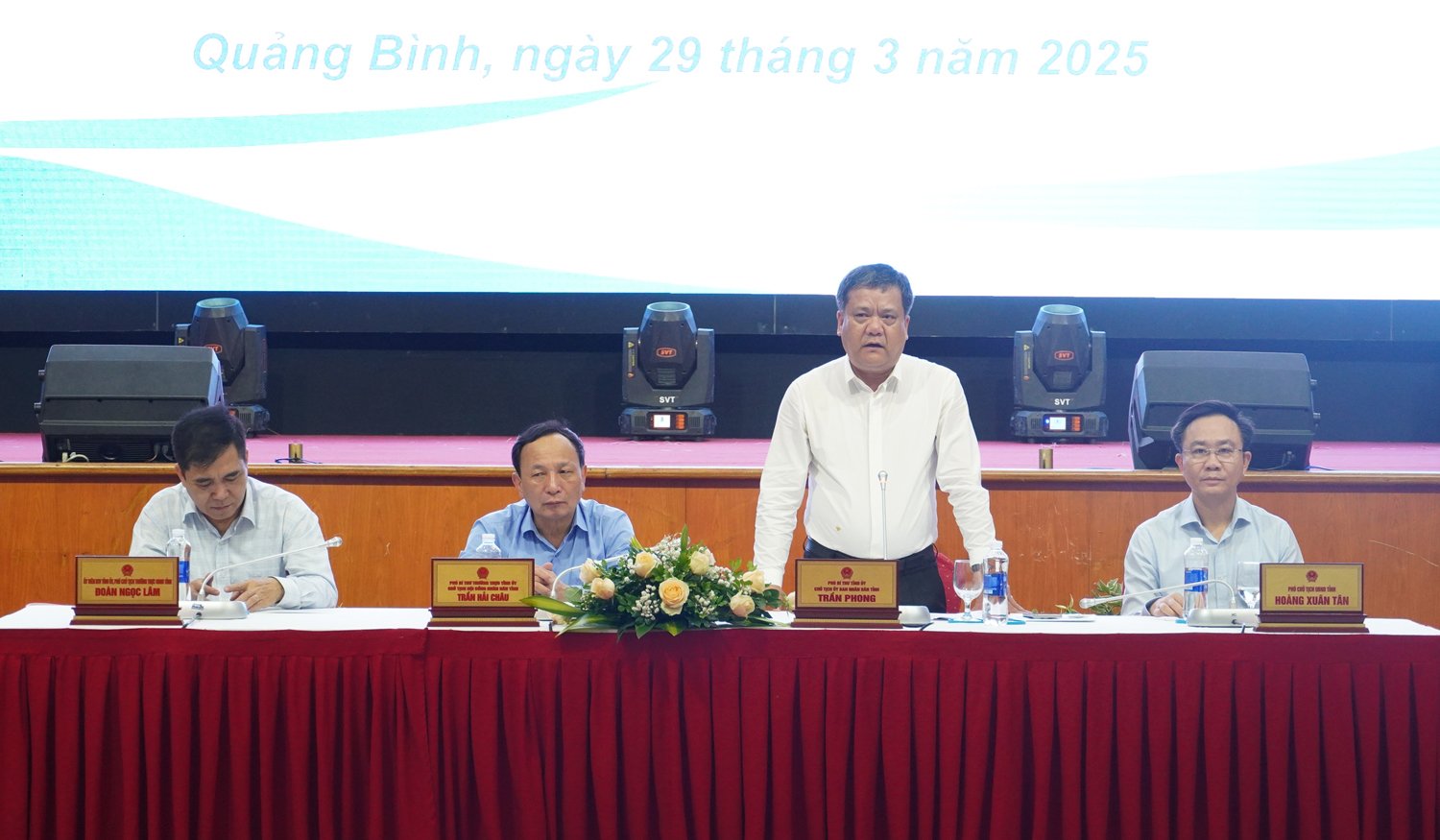SGGP
Vietnam has been implementing e-Government since 2000, and by 2020 it began to move into the digital transformation phase, marked by the issuance of the National Digital Transformation Program, which clearly identifies three pillars: Digital Government, digital economy and digital society.
In order to accelerate the implementation of national digital transformation tasks, effectively implement the National Digital Transformation Program to 2025, with a vision to 2030; raise awareness of the whole society about the role, significance and benefits of digital transformation, October 10 every year is chosen by the Prime Minister as National Digital Transformation Day. In 2023, National Digital Transformation Day has the theme "Exploiting digital data to create value".
The 4th industrial revolution with global digitalization makes data more and more important. A series of new high-tech industries are born on the basis of digital data such as artificial intelligence (AI), internet of things (IoT), big data, blockchain, etc.
Digital data is considered the most important, valuable and unlimited resource for any country in the current global digital era. In Vietnam, digital data is increasingly recognized more fully. In early 2023, the Ministry of Information and Communications identified the following goals: protecting personal data; publishing and building databases at the ministerial and local levels; opening data for connection and sharing; ensuring data security; building large national data centers; processing digital data to create new value for the economy.
According to Minister of Information and Communications Nguyen Manh Hung, creating data and exploiting data to create new values is the fundamental difference of digital transformation today. However, the Ministry of Information and Communications has just warned about the risk that ministries, branches and localities will not complete the tasks of developing, exploiting and using digital data assigned by the Prime Minister, Chairman of the National Committee on Digital Transformation in the action plan for 2023 - "national data year".
Specifically, the rate of ministries, branches and localities issuing a list of databases under their management and specific plans and roadmaps for building and deploying databases in the new list reached 52.3%. Along with that, only 19.7% of ministries, branches and localities issued plans on open data, including a list of open data, plans to publish open data of state agencies under their management and the minimum level to be achieved in each stage of the plan.
According to the synthesis of the National Digital Transformation Agency (Ministry of Information and Communications), of the 8 main indicators on digital data of the national digital data year, up to 5 indicators have not yet reached 50% of the requirements; the rate of ministries and provinces providing data sharing services on integrated and data sharing platforms by August 2023 is only 14%, while the target set for this year is 100%.
Also by August, the rate of ministries, branches and localities implementing the electronic data warehouse function to handle administrative procedures at the ministerial and provincial levels so that people and businesses only have to provide information once to state agencies when performing online public services was 60.5%, while the target set for this year is 80%...
According to experts, in addition to promoting the responsibility of ministries, branches and localities in implementing the above goals, it is necessary to develop a national strategy on data. In particular, it is necessary to clearly define the model and role of building and exploiting data of ministries, branches and localities; perfecting the policy on data classification, having a mechanism for data exploitation; at the same time, it is necessary to have a list of priority data. That is the basis for relevant parties to implement together when developing and exploiting digital data. Classifying data at the correct level plays an extremely important role in information security, cost savings and effective operation of government agencies. It is necessary to clearly and legally stipulate: which data is "privately held" by the State, ministries, branches and localities; which data must be shared; which data is accessible to all people...
All how to evaluate and make decisions based on data through the effective application of digital technology and digital data. Data is important, but the effective processing and exploitation of that data is more important. Digital data resources are born, created, need to be shared, exploited to create new, higher, stronger values; to serve people, businesses and the management and operation of the Government. That is truly the path and destination of the digital transformation process.
Source



![[Photo] Unique Ao Dai Parade forming a map of Vietnam with more than 1,000 women participating](https://vstatic.vietnam.vn/vietnam/resource/IMAGE/2025/3/29/fbd695fa9d5f43b89800439215ad7c69)
![[Photo] Schools and students approach digital transformation, building smart schools](https://vstatic.vietnam.vn/vietnam/resource/IMAGE/2025/3/29/9ede9f0df2d342bdbf555d36e753854f)






























![[Photo] Training the spirit of a Navy soldier](https://vstatic.vietnam.vn/vietnam/resource/IMAGE/2025/3/29/51457838358049fb8676fe7122a92bfa)
![[Photo] Flower cars and flower boats compete to show off their colors, celebrating the 50th anniversary of Da Nang Liberation Day](https://vstatic.vietnam.vn/vietnam/resource/IMAGE/2025/3/28/086d6ece3f244f019ca50bf7cd02753b)































































Comment (0)